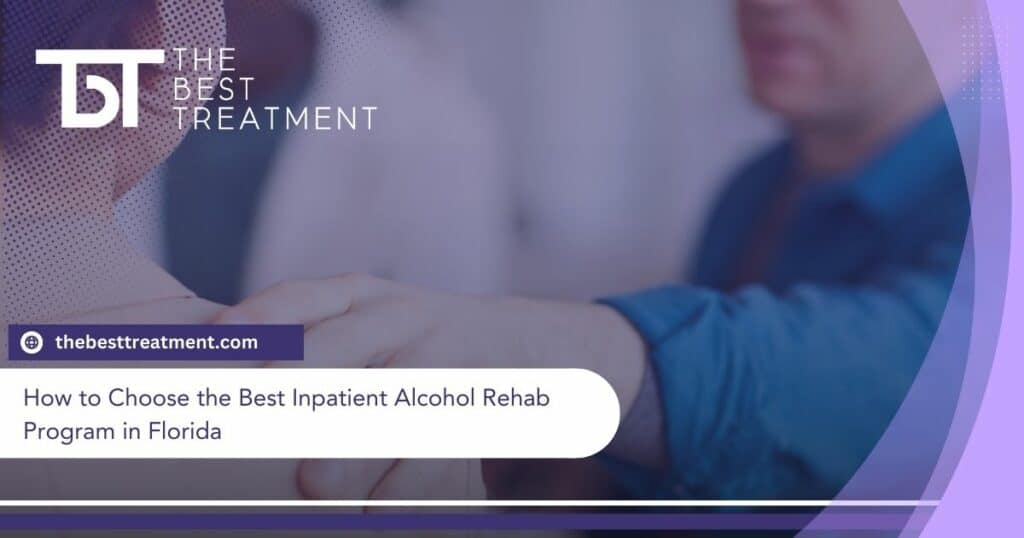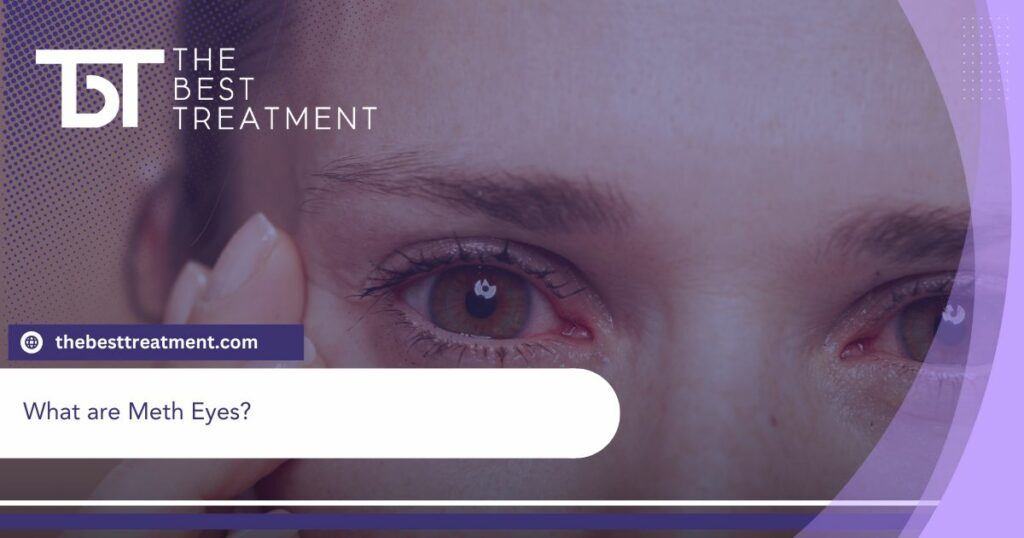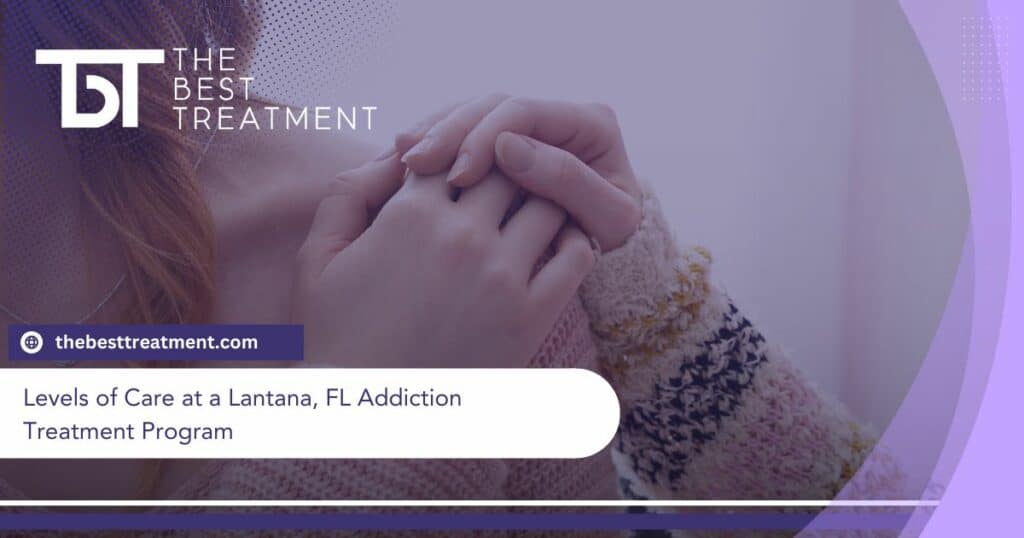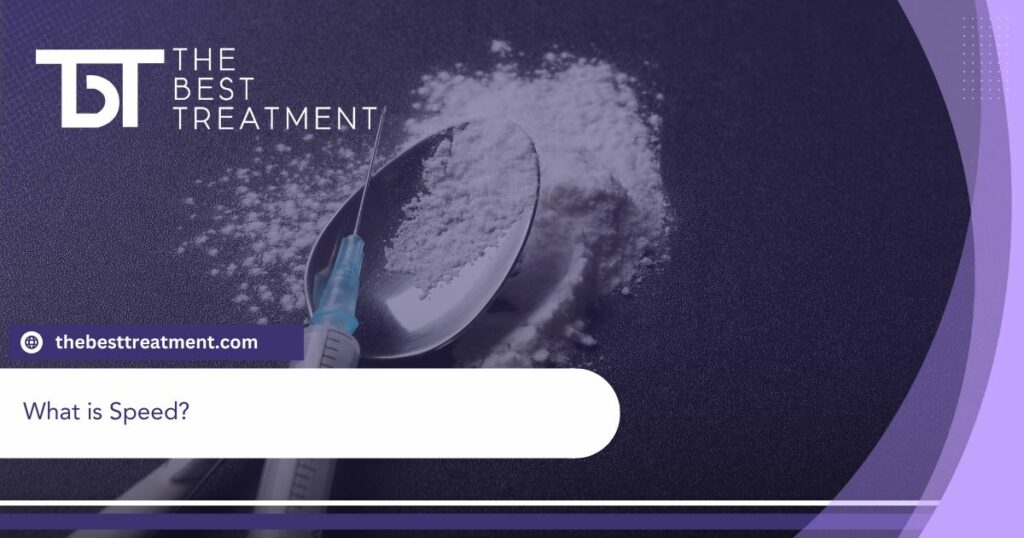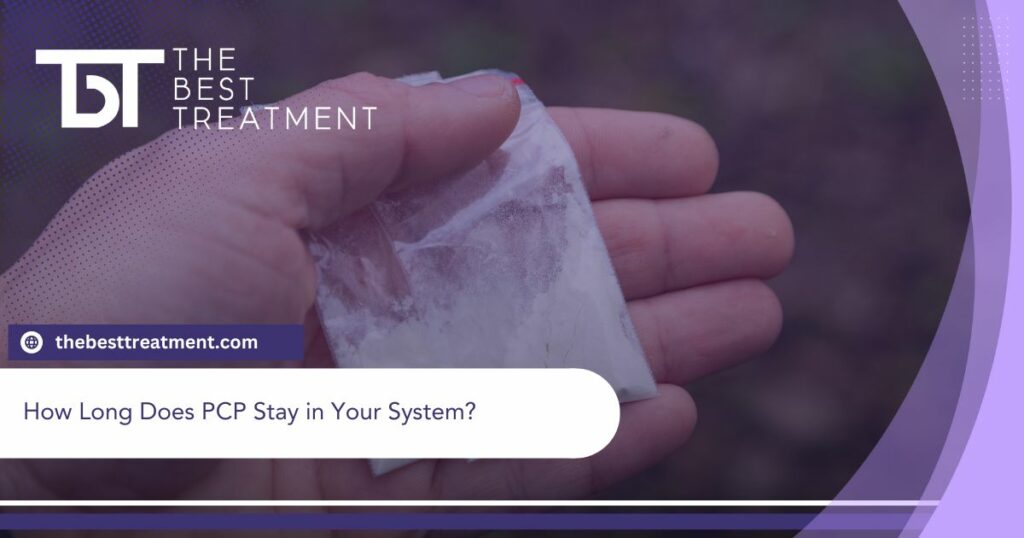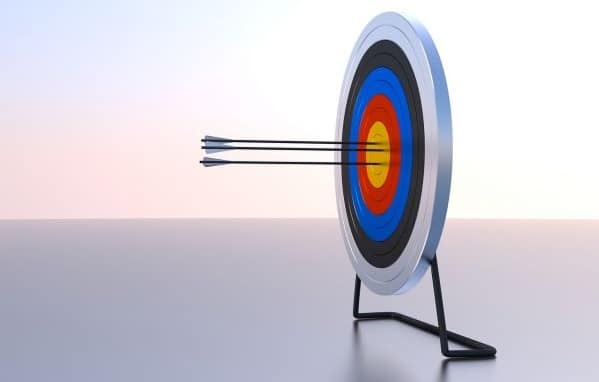Table of Contents
Goal 3: Create 6 Month Plan: (Long Term Goal: Make a 5 Year Plan)
Write down a list of all the things you want to accomplish within the first six months of sobriety, this can be as simple or complex as you see fit. Early recovery is crucial for the whole journey, temptation is everywhere and relapse prevention should remain the top priority of a recovering addict’s life.
Have you heard of 90 in 90? This is the idea and goal to hit 90 meetings within the first 90 days of your recovery. Catching a daily meeting is a good way to find a sponsor, meet other people battling the same disease, and finding cool people that are also doing the same thing as you. Living life, clean and sober.
At The Best Treatment Center we know that recovery is a process that is of the mind, body and spirit. Always keep in mind, physical health is an important part of the process. During drug use, many people are not what you would call a good example of living healthy. In recovery a main focus should be getting your physical body back to a good spot. Exercise, nourish yourself, and stay hydrated. Set some fitness goals and knock them out!
Now to really step it up a notch, write down a five year goal list. Same idea, set realistic goals to attain, and then work hard to make these goals a reality. When picturing five year goals, you may be thinking career, family, finances, and these are great starts. Discover and learn about yourself and what you really want in life.
We all want to be happy. Work everyday on areas in your life you want to improve in order to attain that happiness and you will be on the right track. Write them down! Physically writing something down and seeing it everyday, puts those little reminders in the back of your head and you will subconsciously be more prone to act towards your goals.
Goal 4: Establish Healthy Relationships (Long Term Goal: Mend Broken Relationships)
When an individual is fresh out of treatment, it is a fairly fragile state of mind. In treatment, you are isolated from the real world problems, haven’t been in contact with any of your old friends (and most of your family) for at least a month, and now have to face the reality of changing the people you associate with. If you went to a treatment center with a strong alumni program, you will meet others along the same path of early recovery and have a chance to now establish new healthy relationships.
There are also many people in rooms who are facing the same challenges and are cool people! Get out to a meeting, find sober friends! When working the steps, you go through and really dig deep on how to have a healthy relationship- so apply these ideas to new friendships and watch them flourish more than relationships of the past.
A long term goal should be mending any broken relationships. Living in active addiction, there were probably many close relationships that have been damaged.
“We always hurt the ones closest to us.”
A common quote that you have probably seen in a variety of versions. It stands true, those who are closest to us usually are the ones who have seen us at our worst. In active addiction you have used, and abused, been enabled, and have probably maintained some (borderline) toxic relationships (if you are one of the lucky ones who still has people willing to be a part of your life).
Many of those freshly out of treatment have major family issues brought on from their past. One of the steps is to make amends, so use this time to really dig deep on the people you have wronged while living in active addiction. Apologies are just talk, but actions will always show your true intent. It can be discouraging thinking of all the people you have wronged in the course of your addiction, but don’t be discouraged!
Start the conversation, and take initiative. Actions take time, so that is why this is categorized as a long term goal. As you grow through your recovery and focus on working your steps, you will truly become a better person. As you gain more sober time, those around you will notice the actions of your new life and this will give the opportunity to pick back up on those damaged relationships. In time everything is possible.
Goal 5: Find a New Hobbie (Long Term Goal: Find Your Passion)
Before recovery, most addicts are doing just one thing- getting high. All free-time, thoughts, and actions were used to get more drink or drugs. Now looking at life in early recovery, you may be looking at your days thinking you have a good amount of spare time.
Use this spare time productively, boredom can be a huge downfall and relapse trigger. So staying busy is a key element in early recovery. Stay busy, be productive, and do things that truly make you happy. Think back to when you were a child, before the drug use. What did you really enjoy doing? Fishing? Making jewelry? Sports? Music? Cooking? There are literally hundreds of hobbies that are fun activities that you can really enjoy now with a clear mind. This is also another way to meet new “normal” people. So do your research, find some things you like, and get involved. The only person stopping you is you.
Finding your passion will come from finding hobbies. You may discover you love art, and expression (because that is real- right?) there are so many forms of art, imagine if you started doing animated graphics as a part of your art form? Then that turns into a hobby of graphic designs, which could be your passion and you then turn that into a career (a successful career nowadays).
These are just some examples, but can you even imagine? You never know what is in store for you unless you start exploring yourself. If you noticed, many of these short and long term goals relate to each other. One of the ultimate goals in our lives is finding and maintaining happiness without having to turn to alcohol or drugs. Working on yourself a little each day will bring you a happiness that is untouchable. You are already taking the steps by admitting the problem and seeking help, take the next steps and set some goals to take your life to that next level. Always work to be a better version of yourself.
If you or someone you know is struggling with alcohol or substance abuse and addiction.
Call us: 1-888-4TBTNOWMedically Reviewed: September 25, 2019

All of the information on this page has been reviewed and verified by a certified addiction professional.





